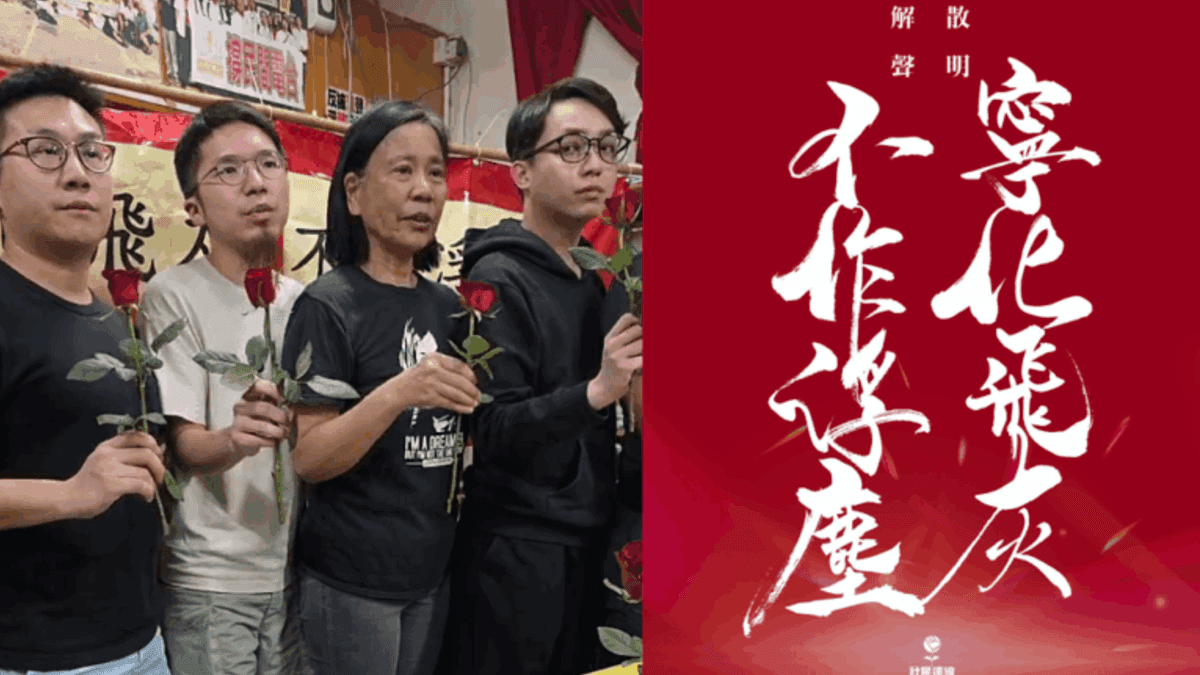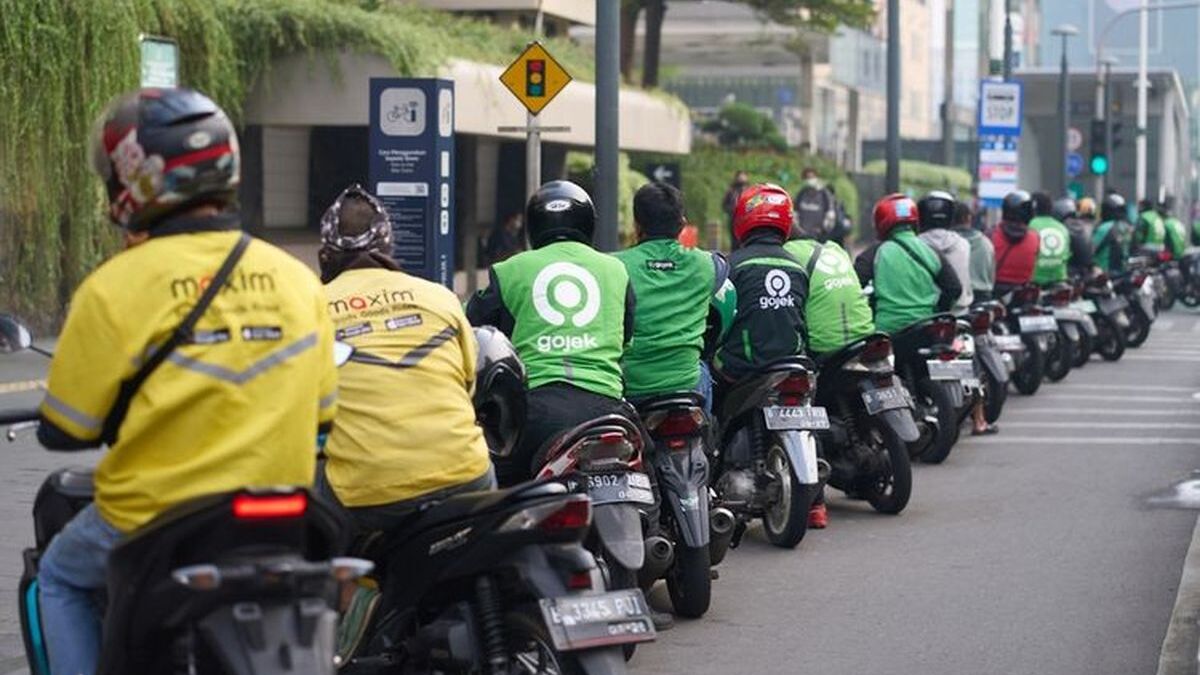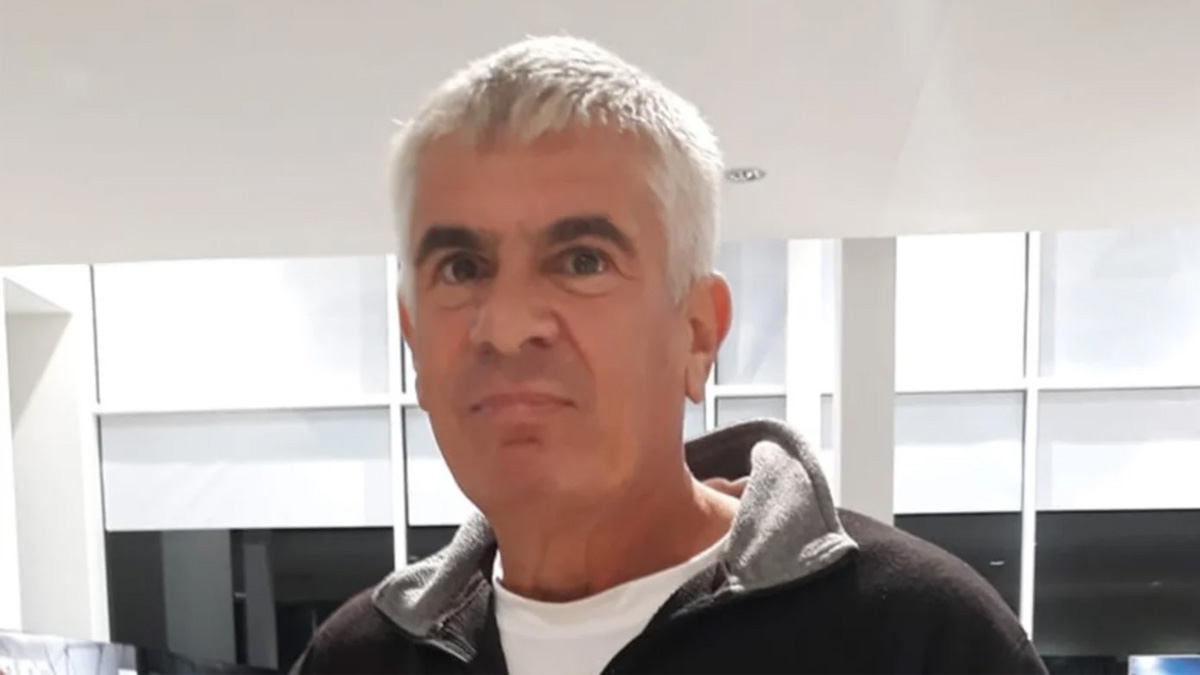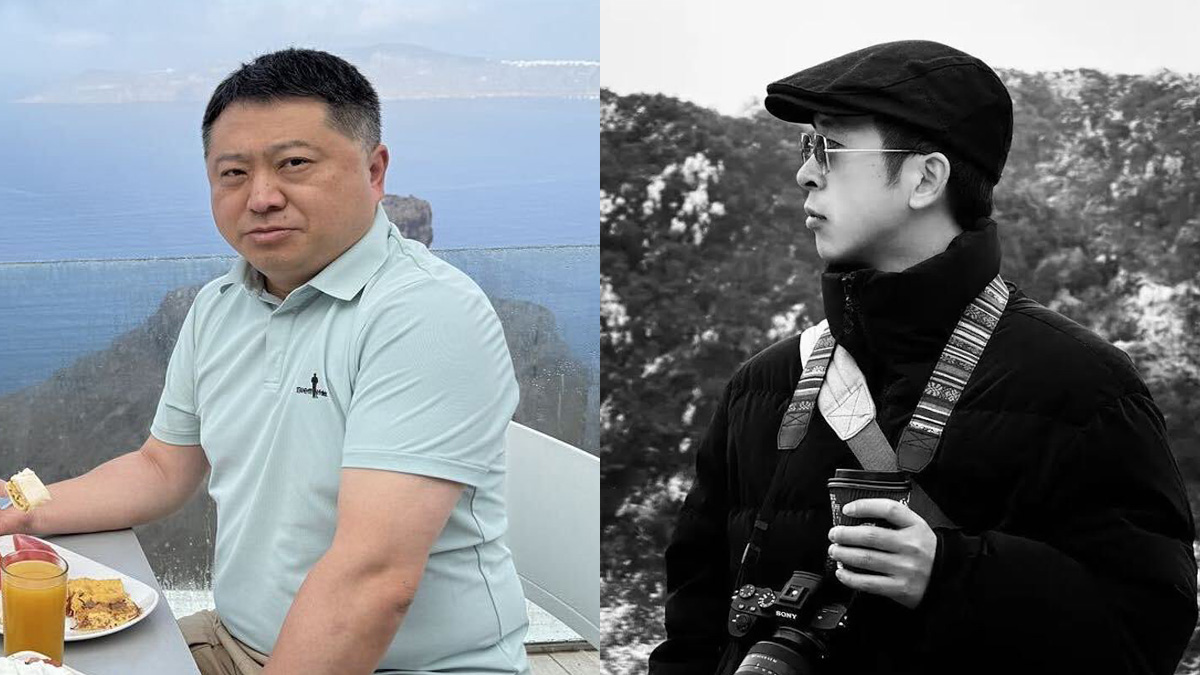League of Social Democrats disbands amid political pressure in Hong Kong
The League of Social Democrats, one of Hong Kong’s last active pro-democracy parties, announced on 29 June 2025 that it will disband, citing overwhelming political pressure and threats to members’ safety. The move marks another retreat for the city’s democratic opposition under Beijing’s tightening control.

- The League of Social Democrats announced on 29 June 2025 that it would disband due to political pressure and safety concerns.
- Founded in 2006, the party was known for its confrontational approach and advocacy for the underprivileged but faced mounting arrests, financial troubles, and crackdowns.
- Its closure leaves only one largely inactive pro-democracy party in Hong Kong, underscoring the near-total dismantling of organised opposition.
The League of Social Democrats (LSD), one of Hong Kong’s last remaining active pro-democracy parties, announced on 29 June 2025 that it would disband. The decision, leaders said, followed immense political pressure and concerns for the safety of members.
The announcement came just days before the city marks the 28th anniversary of its return to Chinese sovereignty on 1 July. Analysts said the closure symbolised yet another retreat of Hong Kong’s once-vibrant democratic opposition under Beijing’s tightening political framework.
A 19-year legacy ends
Founded in 2006, the LSD carved out a reputation for its left-wing, confrontational politics. The party became widely recognised for its vocal criticism of collusion between big business and the government, as well as its willingness to use aggressive protest tactics.
Even after the imposition of the national security law in 2020, the party continued staging small-scale protests and operating street booths to campaign for social justice and democratic reforms. These activities were among the few visible acts of organised dissent left in the city.
‘No other choice’
At a press conference, LSD chairperson Chan Po-ying explained that the party’s dissolution came after lengthy internal discussions. She said the leadership ultimately prioritised the well-being and safety of members and associates.
Chan refrained from disclosing specific details of the political pressure faced but emphasised the inevitability of the decision. “We have no other choice,” she said. She expressed both pride in the party’s contributions and sorrow at its forced end.
The party’s final statement, released the same day and titled Rather Be Ashes Than Dust, reflected its enduring defiance. In it, LSD reiterated its belief that confrontation was necessary to challenge injustice. “No struggle, no change,” the statement read.
A history of confrontation
Over its 19 years, the LSD was a constant presence in Hong Kong’s political life and major social movements. The party opposed policies it regarded as unfair, including large-scale government spending projects, and championed the rights of the underprivileged.
Its members frequently faced arrest. Among the most prominent was Chan’s husband, veteran activist Leung Kwok-hung, widely known as “Long Hair”. Leung was long regarded as a symbol of street-level opposition politics and is currently serving a prison sentence related to his role in an unofficial pro-democracy primary election.
At its peak, the LSD held three seats in Hong Kong’s Legislative Council. However, it lost all representation by 2017. Financial difficulties further constrained its operations when a local bank cut off its account services. Despite this, it continued limited activities, including street booths and protests, often resulting in fines or arrests.
Political crackdown reshaping Hong Kong
According to Reuters, the LSD is the third major opposition party to disband in the past two years. Its closure comes amid an extended crackdown on political dissent and civil society following the 2019 anti-government protests.
Since Beijing imposed the national security law in 2020, scores of activists have been arrested, prosecuted, or jailed. Dozens of civil society organisations, trade unions, and independent media outlets have been forced to shut down.
In June 2025, Xia Baolong, China’s top official on Hong Kong affairs, stressed that national security efforts must persist. He described pro-democracy activists as “hostile forces” engaged in “soft resistance”, signalling no easing of Beijing’s approach.
Not a symbolic date, but an inevitable one
Chan noted that the decision to disband just ahead of the anniversary of Hong Kong’s return to Chinese rule was not intentionally symbolic. Instead, she said, it was the result of mounting, relentless pressure that left the party no path forward.
She added that LSD would not be the last pro-democracy group forced to dissolve. “This is a painful decision, but inevitable,” she said.
Impact on the pro-democracy camp
The LSD’s departure leaves the Association for Democracy and People’s Livelihood as the only remaining pro-democracy party in Hong Kong. That group, however, has been largely inactive in recent years, raising questions about whether it can meaningfully continue opposition work.
Earlier in 2025, the Democratic Party, once Hong Kong’s largest pro-democracy organisation, authorised its leadership to consider disbanding amid warnings to members about potential consequences.
Observers note that the combined effect of these developments is the near-total dismantling of Hong Kong’s pro-democracy camp. Once a powerful political force capable of securing significant representation in the legislature, the camp has now been reduced to scattered individuals and small community groups operating under strict scrutiny.
A message to Hongkongers
In its final statement, the LSD reaffirmed its mission to represent the underprivileged and fight for universal suffrage through non-violent resistance. It closed with a quote from American writer Jack London: “I would rather be ashes than dust.”
Chan urged Hongkongers not to abandon the values of justice and freedom, even in the face of adversity. “We hope the people will continue the struggle,” she said.
Hong Kong’s changing political landscape
The disbandment of LSD is another sign of the dramatic transformation Hong Kong has undergone since 2020. The city, once hailed as a hub of free expression in Asia, has been reshaped into a tightly controlled political environment under Beijing’s oversight.
Where opposition parties once organised mass rallies and contested elections, their presence has been largely erased. Today, with strict security laws in place, even modest acts of dissent carry the risk of arrest.
For Hongkongers who remember the spirited street protests of earlier years, the closure of LSD is both symbolic and deeply personal. It marks not only the end of a party but also the erosion of political space that once allowed dissenting voices to be heard.
A city under new rules
The announcement of LSD’s dissolution further underscores Beijing’s success in remoulding Hong Kong’s political environment into what Chinese leaders describe as “patriots governing Hong Kong”.
For many residents, this represents the end of an era of relative pluralism in the city’s politics. The once-visible, colourful banners of LSD’s street booths and protests are now consigned to history, joining other opposition groups erased in recent years.
The gap left by the party raises questions about whether any meaningful organised opposition will remain in Hong Kong in the years ahead.







